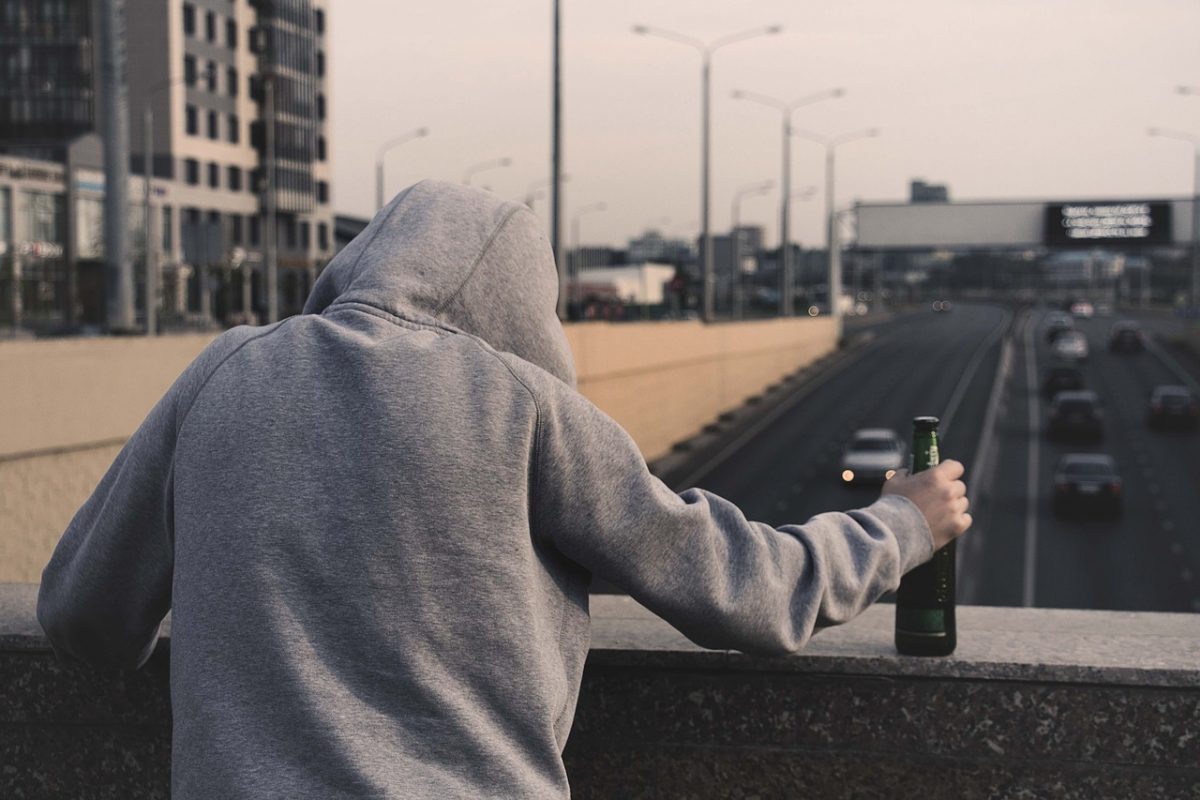Addiction related problems can crop up in your life quite suddenly. That is predominantly because addiction is a gradual process and takes years to develop. In the first few weeks and months, you won’t even notice that anything is amiss – and before long, you will find yourself in the clutches of substance abuse, quite permanently.
Addiction has various names and faces – cocaine, heroin, opiates, and alcohol are, to name a few. There are no benefits to anyone of them, and all of them are harmful to the same degree. It starts as a health hazard and later grows to become a compounded problem when family and friends get involved. Moreover, there are several psychological problems associated with drug addiction, as well.
What constitutes abuse?
Regular usage of any drug will constitute abuse. This goes for the prescribed pain medications as well. In America, the root cause of drug-related addiction and abuse has been painkillers and over the counter medications. It is also vital to understand the most susceptible of the lot regarding drug abuse and related complications are teenagers.
The young and rebellious attitude makes teens seek out newer experiences and experiments, which leads to gateway drugs, which soon develops into a full-blown addiction problem. However, drug rehab for adolescents is the perfect solution to these problems and allows a teen to better integrate into society following rehabilitation and treatment.
About cocaine addiction treatment
Cocaine is one of the most potent stimulants that is sold all over the world. There are various street forms of cocaine available with dubious purity and quality. It essentially activates the brain’s reward system, and that feeling induces the effect of “high.” It is quite an effective drug and one of the most addictive substances out there in the world today. Moreover, the ease of usage means the drug can reach far reaches and corners of society.
Complications following long term cocaine usage
The following is a list of all the complications that arise from prolonged cocaine abuse,
Repeated high doses will build tolerance towards the drug and compound the issues by further compromising the body’s already damaged areas. Also, repeated high doses will lead to restlessness, anxiety, and irritable syndromes, which can slide into paranoia and psychosis quite easily or under the effect of external stressors. This is when an individual starts to lose touch with reality.
How to get rid of addiction?
When it comes to getting free from addiction-related troubles, the key thing to remember is motivation. It would be best if you were motivated enough to remember when you could have the same enjoyment from a day without resorting to drugs. You need to understand that somewhere during the haze of drugs, you convinced yourself that the quality of life improves under drugs’ influence. However, in reality, the drugs never added anything; instead harmed your physical and mental faculties.
However, it is not all that dreary, and through hard work along with determination, you can bring your life back on track. It would be best to enroll in a professional and reputed drug rehabilitation center, which will transform your life through careful training, therapy, and medication under expert supervision.
Here is what you are looking for when you check into a rehab.
Contingency Management
This entails incentives and gifts as prizes to bring out positive motivation in drug-addicted individuals. Patients are work together towards a common goal, i.e., the number-of-days-clean. These gifts include healthy lifestyle coupons, movie tickets, gym memberships, and many more.
Cognitive Behavioral Therapy
It allows the individual to understand the triggers and the situations that prompt them to use the drug. It is one of the crucial factors for an addict to identify and understand. The more you are aware of the problem, the better you get at trying to avoid them. Professional councilors work with the patients to work out strategies to avoid the stressors to prevent a relapse.
Community help
Group activities and community outreach programs are the best for having a helping hand around when you are at your lowest. Several drug-free residencies are available where peers will help you to deal with the issues at hand. You can opt for inpatient services or have a sit and join-in session as an outpatient member.
Even after you finish your rehab stint, you will still have to attend the regular check-ups and meetings to build accountability and trust. However, a rehabilitation program is the only way if you are serious about quitting and getting ahead of your addiction-related troubles. All the best!




